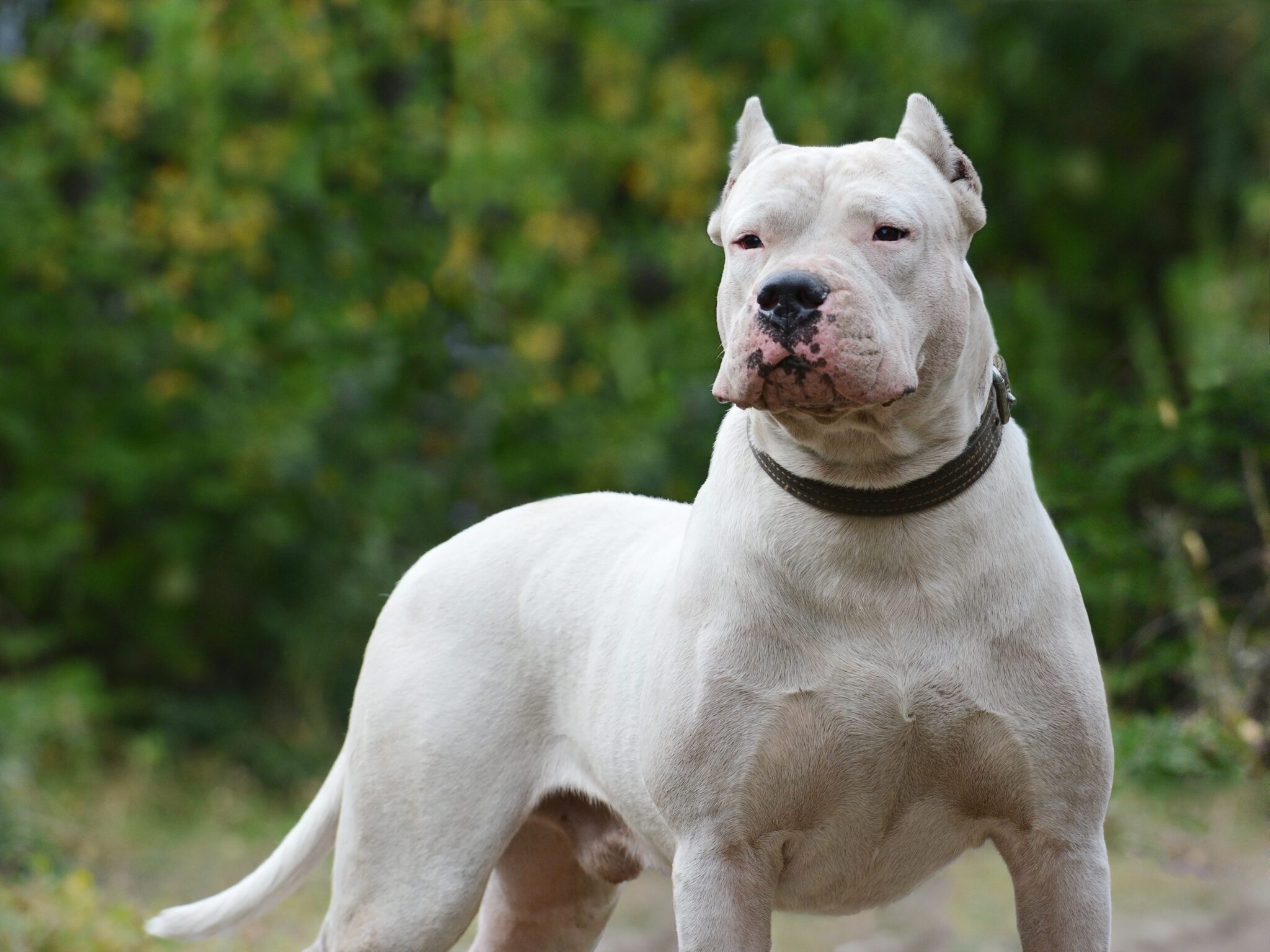 Shutterstock
Shutterstock
Dogs are known as “man’s best friend,” but some breeds have natural instincts that can make them dangerous without proper training and socialization. While no breed is inherently bad, certain dogs have strong prey drives, physical strength, and protective instincts that require extra responsibility from their owners. These breeds need both admiration and respect for their capabilities and potential. Understanding the reasons behind their behavior promotes responsible ownership, ensuring these powerful dogs are managed appropriately and treated with the care and respect they deserve.
Pit Bull Terrier
 Shutterstock
Shutterstock
Pit Bulls often top lists of “dangerous” breeds due to their history in dog fighting and their strong bite. However, they can also be affectionate and loyal pets. The key lies in responsible ownership, training, and socialization. Pit Bulls have a lot of strength, and their power can be misdirected without proper guidance. Respect for their natural instincts and firm, loving discipline are crucial for raising a well-adjusted Pit Bull. It’s not their fault they’re so strong, but owners must be prepared for the responsibility that comes with such strength.
German Shepherd
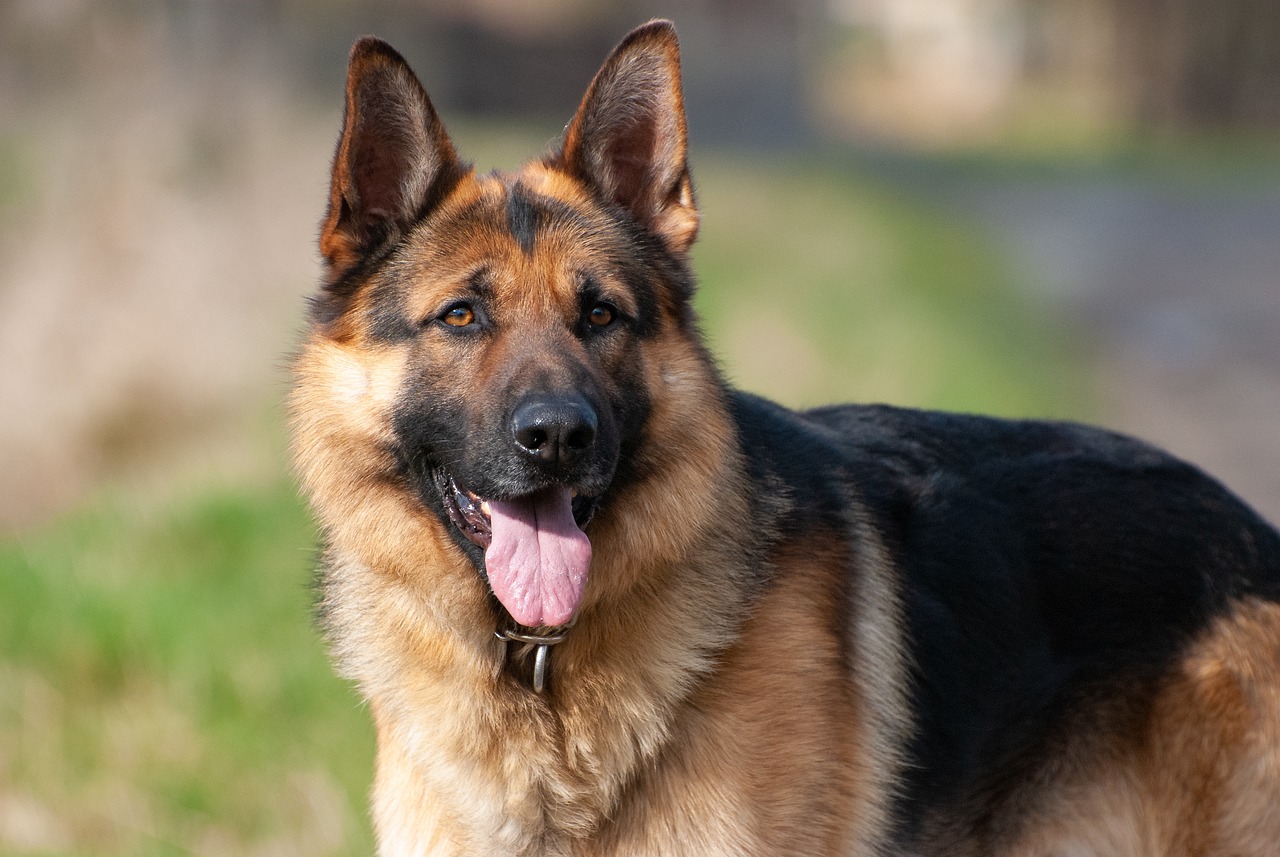 Shutterstock
Shutterstock
German Shepherds are highly intelligent and often used in law enforcement and military roles. Their strong protective instincts and loyalty make them incredible working dogs, but they can also become aggressive if improperly trained. They require mental stimulation and a strong leader to guide their energy and intelligence in positive directions. Shepherds without the right outlets for their drive can develop behavioral issues. They are reliable companions with proper handling, but their strength and determination need to be respected.
Doberman Pinscher
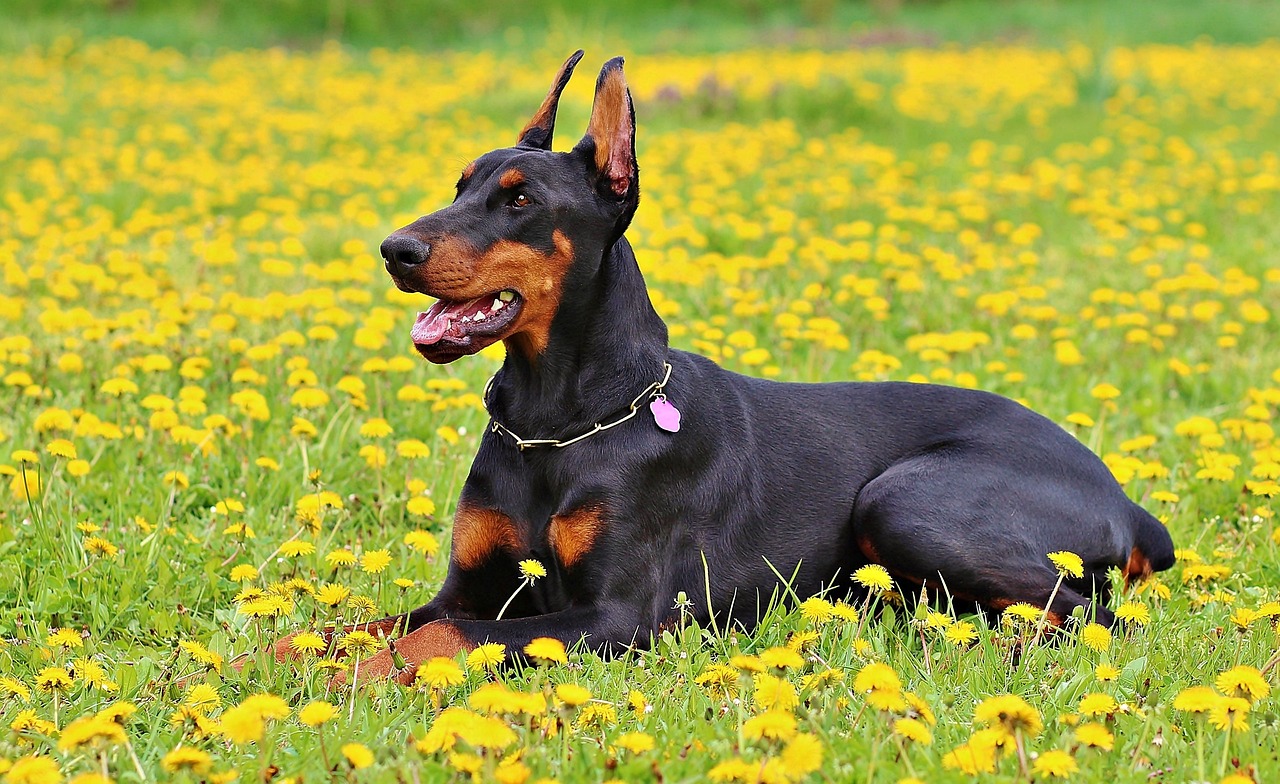 Shutterstock
Shutterstock
The sleek and powerful Doberman Pinscher is often seen as a guard dog, known for its loyalty and alertness. While they make excellent protectors, their instinct to guard can sometimes become aggressive if not channeled correctly. Dobermans are incredibly intelligent but need a confident and experienced owner. Without proper training and structure, their protective nature can be overwhelming. It’s important to provide them with clear guidance to avoid unwanted behaviors.
Alaskan Malamute
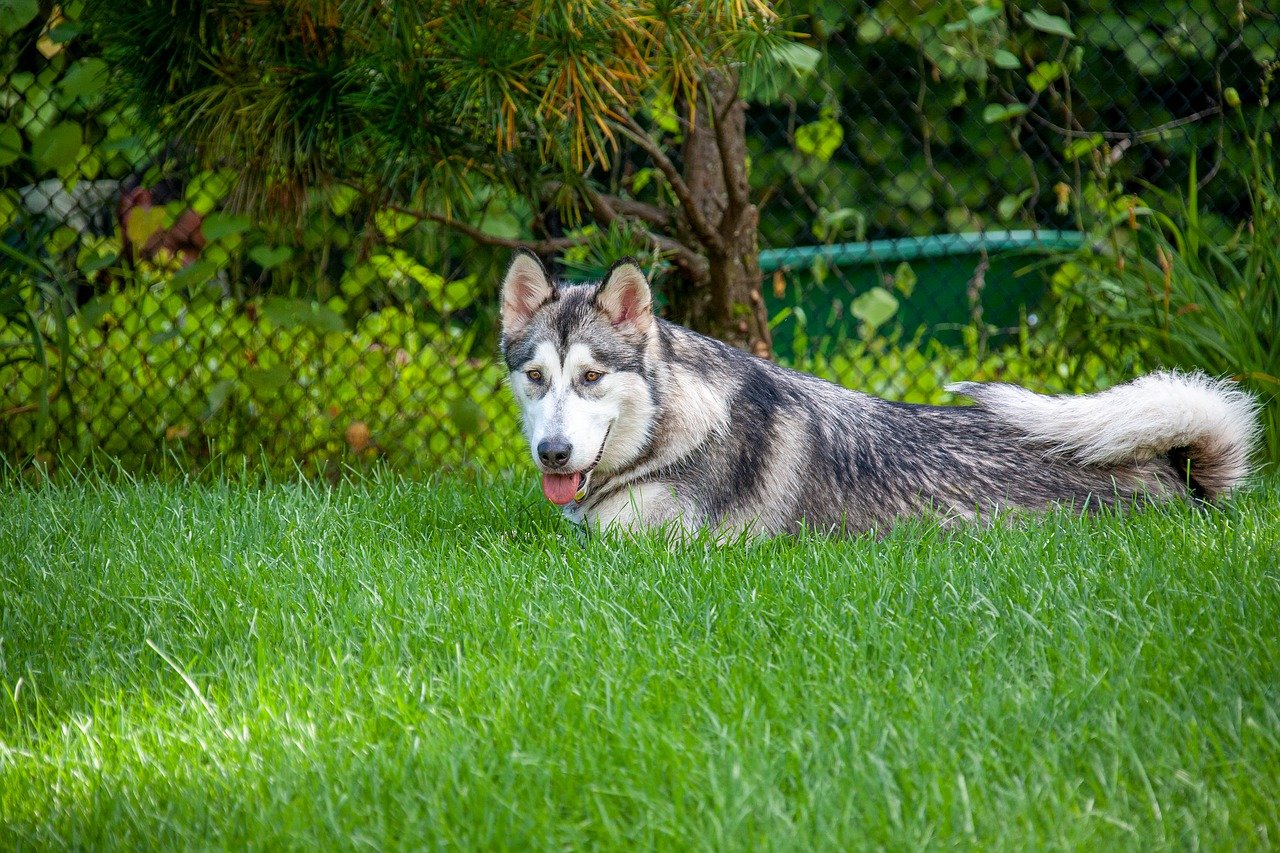 Shutterstock
Shutterstock
Alaskan Malamutes are known for their endurance and power, traits that were essential for pulling sleds across frozen landscapes. However, their independent nature and strong prey drive can make them difficult to manage, especially for inexperienced owners. Malamutes require firm training and regular exercise to avoid becoming bored and destructive. Their sheer strength and their need for mental and physical stimulation can make them a challenge if not respected for their natural instincts.
Siberian Husky
 Shutterstock
Shutterstock
Siberian Huskies are energetic, independent, and have a high prey drive. While they’re not typically aggressive towards humans, their natural instincts can lead them to chase small animals or act out if not properly exercised. Huskies are escape artists known for digging and running if bored. Their energy and intelligence require an owner who can keep up with them mentally and physically. Respecting their needs and providing ample stimulation is key to managing this adventurous breed.
Chow Chow
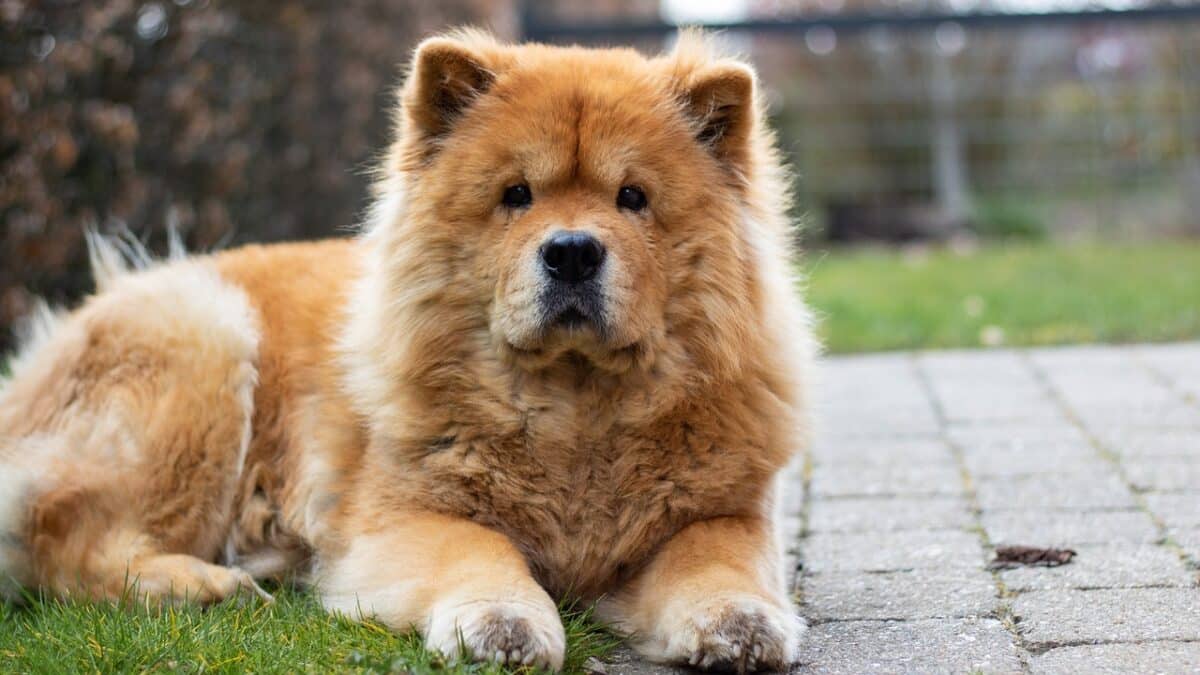 Shutterstock
Shutterstock
Chow Chows may look like fluffy teddy bears, but they are surprisingly independent and sometimes aloof. They are known for being wary of strangers and can be aggressive if not properly socialized. Chow Chows are protective and territorial, and their natural guarding instincts must be respected. Owners should be mindful of their need for early socialization and consistent training to prevent any aggressive tendencies from developing. They’re not a breed for beginners but can be loyal companions in the right hands.
Presa Canario
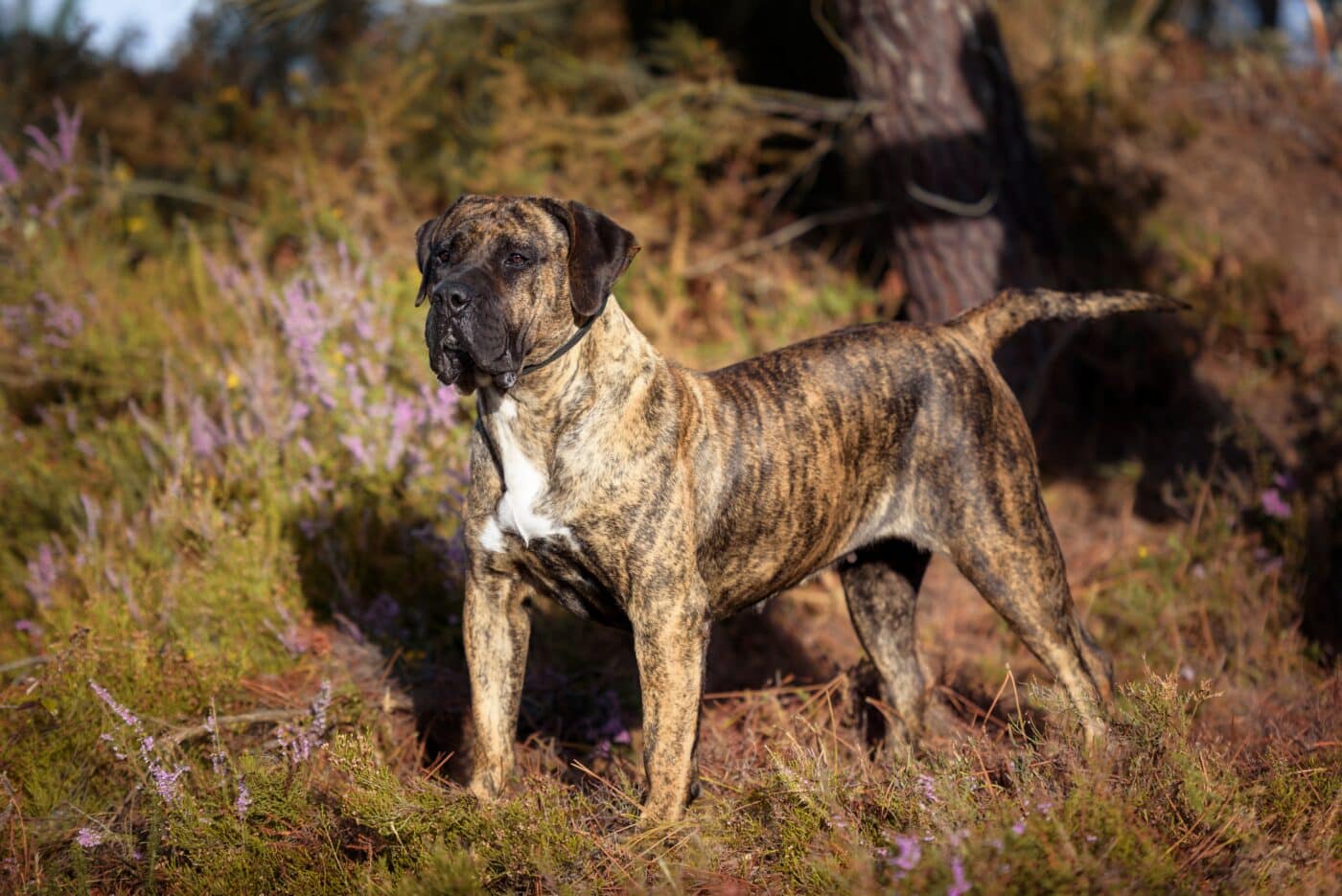 Shutterstock
Shutterstock
The Presa Canario is a large, powerful dog known for its guarding instincts and strength. Originating from the Canary Islands, this breed was initially used for herding and protection, but their size and temperament can make them dangerous if mishandled. Presas need experienced owners who can provide firm and consistent leadership. Without proper training, their dominant nature can lead to aggressive behavior. They are not dogs for the faint of heart, but they can be gentle giants in the right hands.
American Bulldog
 Shutterstock
Shutterstock
American Bulldogs are strong, muscular dogs with a high prey drive. Their natural instincts as working dogs mean they need plenty of exercise and a strong leader to guide them. Without proper outlets for their energy, they can become destructive or aggressive. Bulldogs are also known for their loyalty, which can sometimes turn into overprotectiveness if not properly socialized. Respecting their need for clear boundaries and firm training is essential for raising a well-balanced American Bulldog.
Great Dane
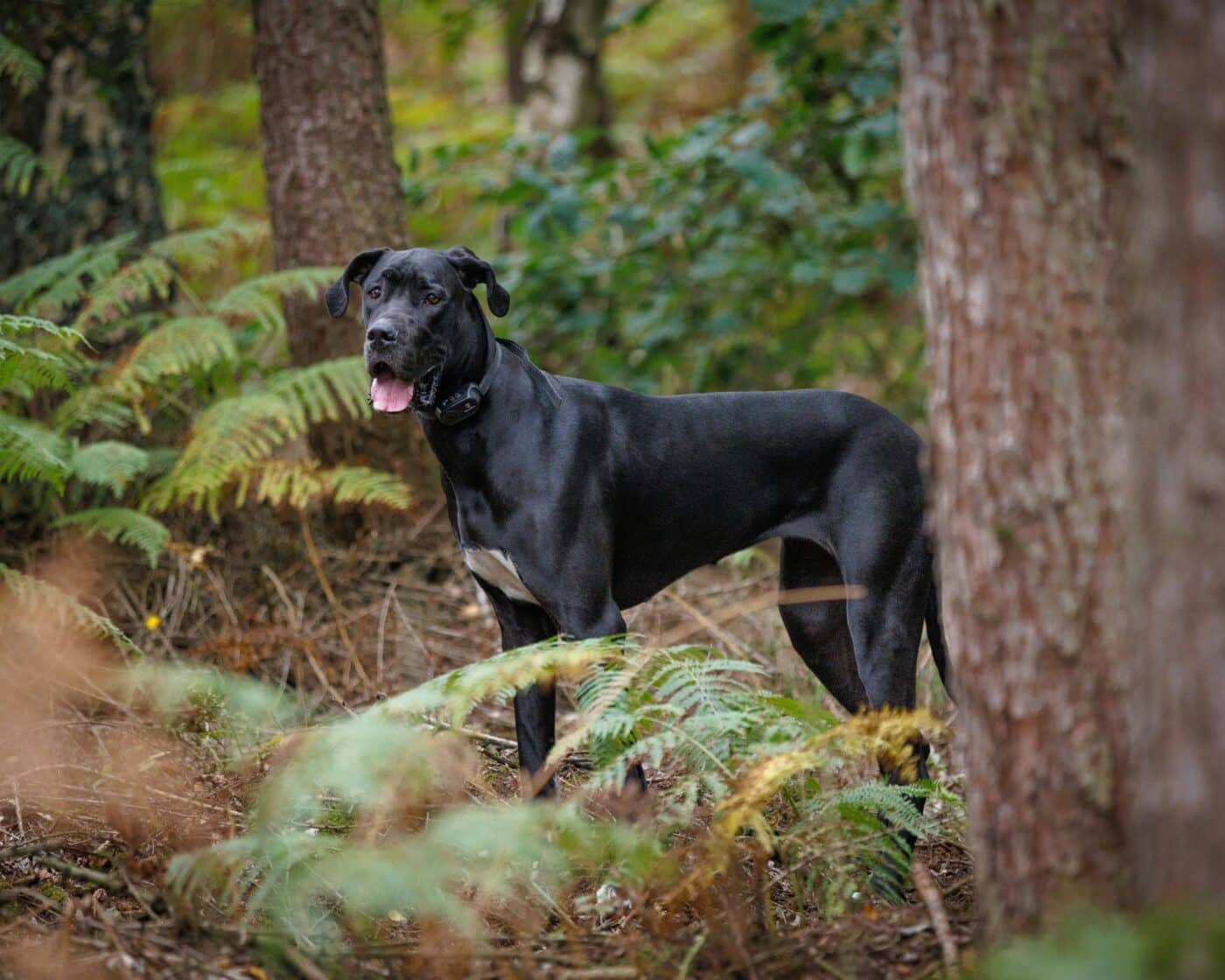 Shutterstock
Shutterstock
While Great Danes are often referred to as “gentle giants,” their sheer size and strength mean they have the potential to cause harm if not trained and managed properly. They are generally good-natured, but their size makes them difficult to control if they become overly excited or aggressive. Danes require firm, consistent training from an early age to ensure they grow into well-mannered adults. Their friendly nature can sometimes be misunderstood as laziness, but they need proper care and attention.
Boxer
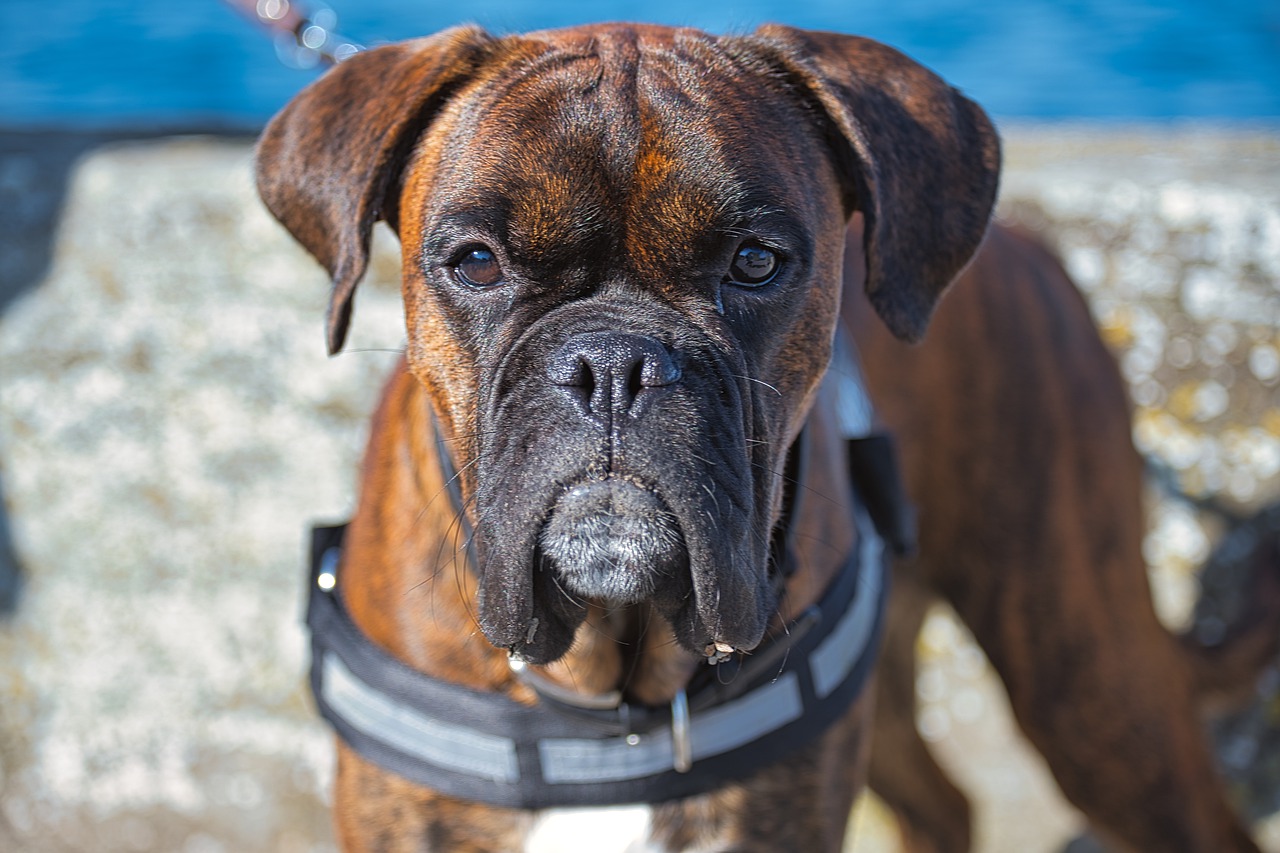 Shutterstock
Shutterstock
Boxers are high-energy, playful dogs that can sometimes be overwhelming due to their strength and enthusiasm. They’re known for their protective nature, which can turn into aggression if not properly trained. Boxers require plenty of exercise and mental stimulation to stay happy and well-behaved. While they are great family dogs, their energy level and physical strength mean they need an owner who can keep up with them and provide the structure they need to thrive.
Dogo Argentino
 Shutterstock
Shutterstock
The Dogo Argentino is a powerful breed, originally developed for hunting big game like wild boars. Their strength and tenacity make them formidable, and without the right training, they can become dangerous. Dogs are loyal and protective but need strong leadership and plenty of exercise to channel their energy positively. Their dominant nature requires an experienced owner who understands managing a large, strong-willed dog. Proper socialization from an early age is essential to prevent aggressive tendencies.
Bullmastiff
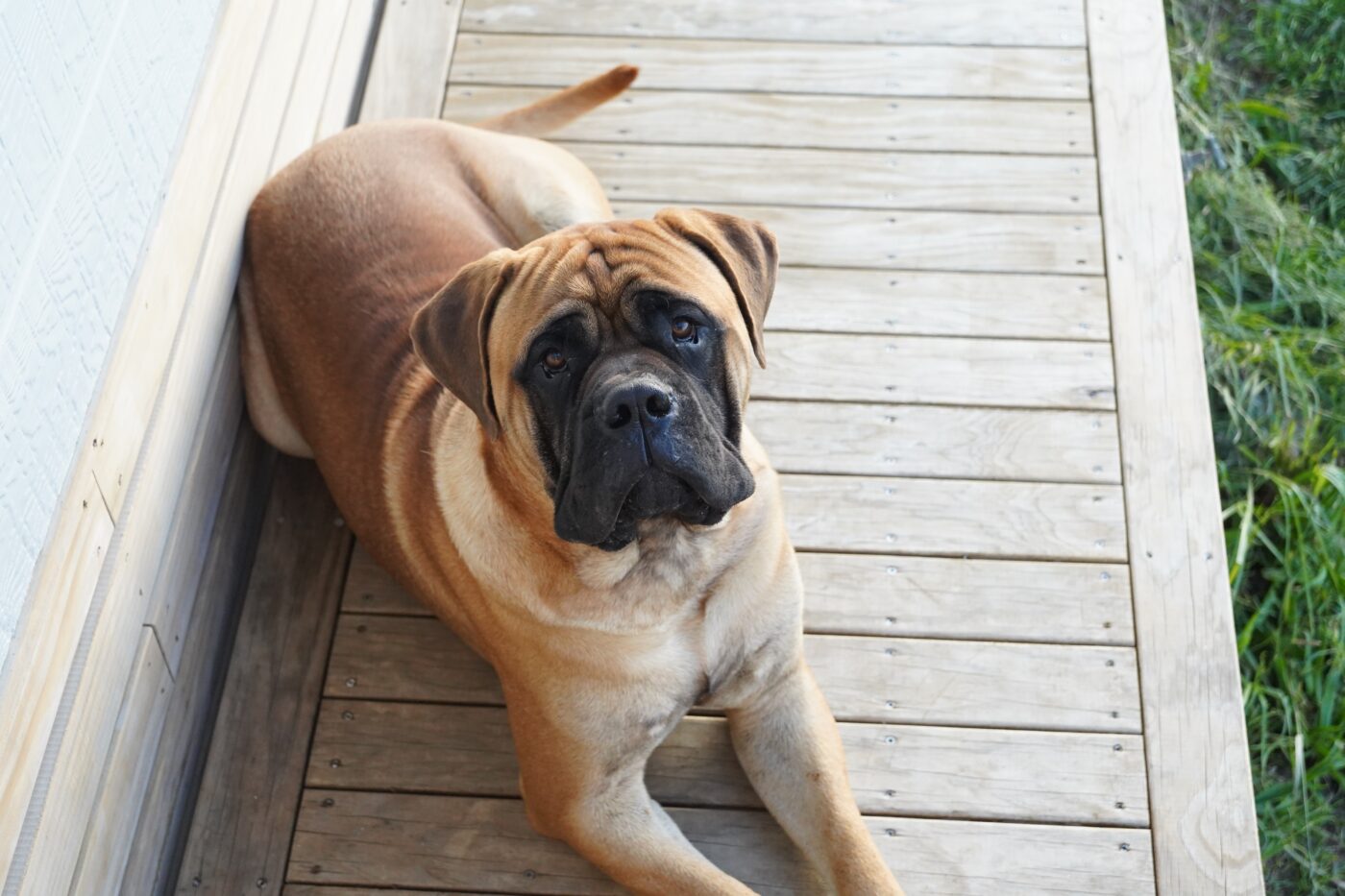 Shutterstock
Shutterstock
Bullmastiffs were bred to guard estates, and their protective instincts remain strong today. These massive dogs are calm but can be aggressive if they perceive a threat to their family. They don’t require much exercise but need firm, consistent training to ensure they don’t become overly protective. Bullmastiffs are incredibly loyal but need clear boundaries and strong leadership to prevent them from acting on their instincts inappropriately. Their size alone means they need to be handled with respect and care.
Tosa Inu
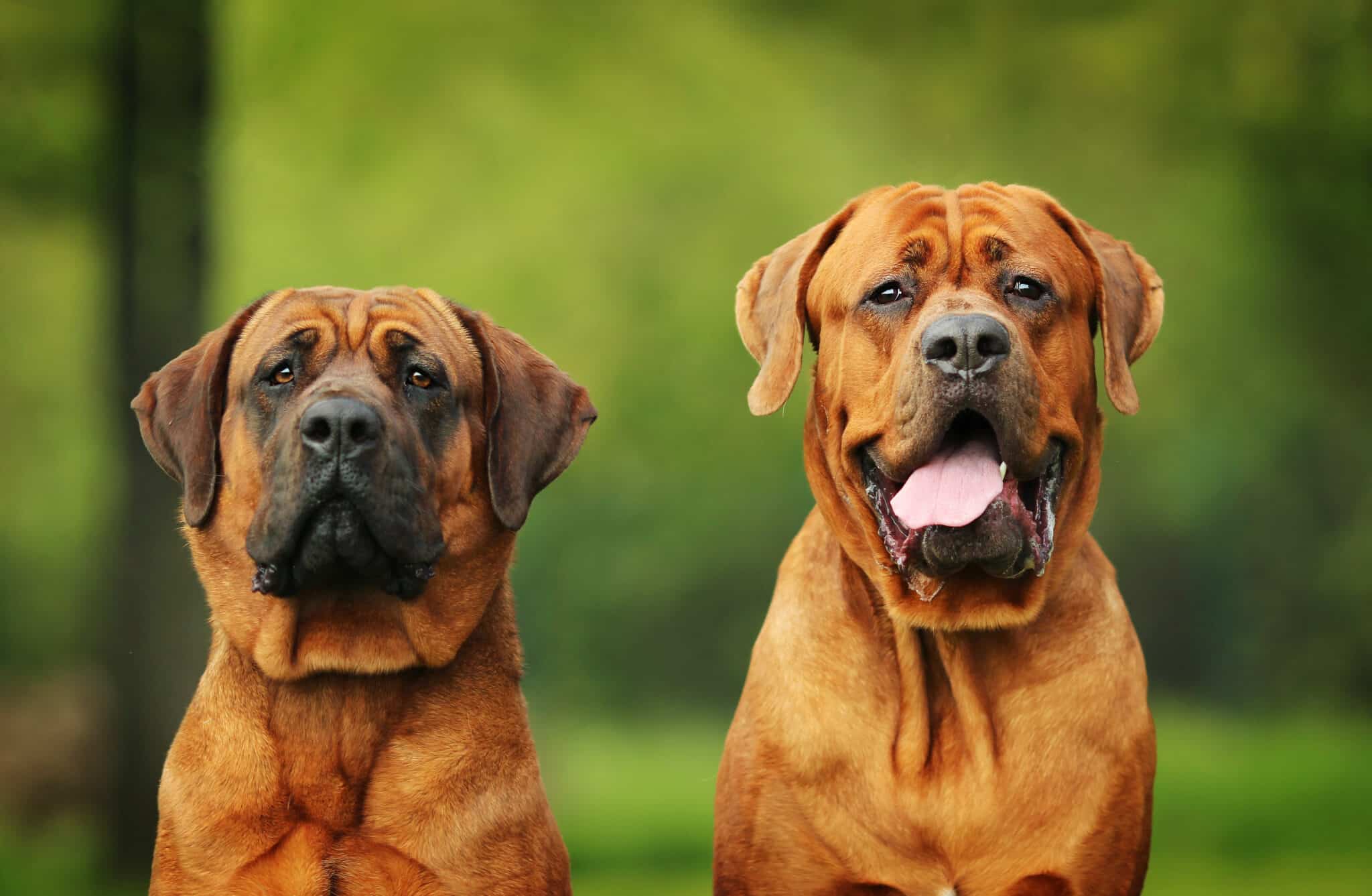 Shutterstock
Shutterstock
The Tosa Inu, a Japanese breed, was historically used for dog fighting, which means they have a natural aggression that requires careful management. They are powerful dogs with a strong build and a determined personality. Tosa Inus needs a calm, experienced owner who can provide consistent training and firm boundaries. They are not suitable for first-time dog owners due to their strong-willed nature and history of aggression. However, in the hands of a knowledgeable owner, they can be loyal and obedient companions.
Respect the Strength and Power of These Breeds
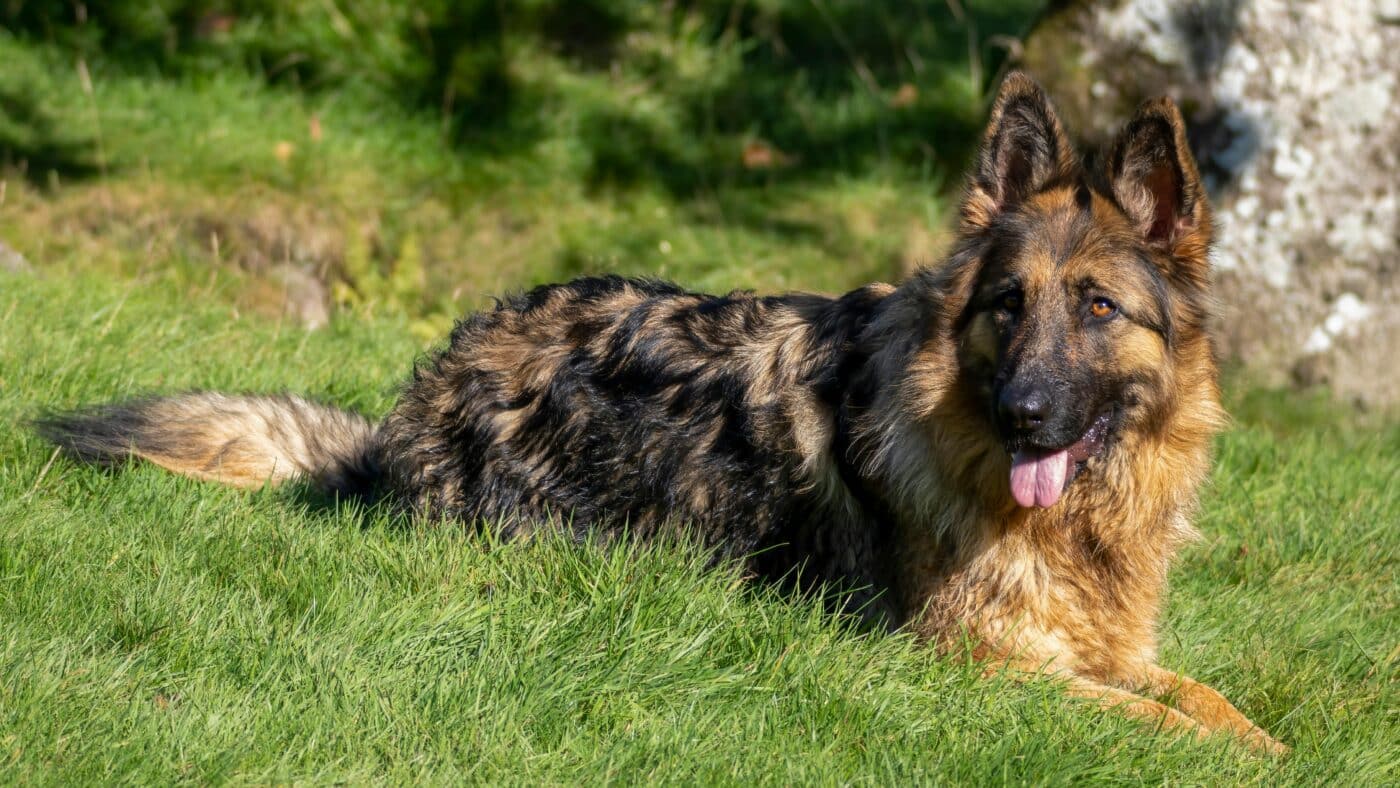 Shutterstock
Shutterstock
Respect and understanding are essential when dealing with powerful, potentially dangerous dog breeds. These dogs are not naturally “bad” but require responsible ownership, proper training, and clear boundaries to thrive. With the right guidance and care, they can become loving, loyal companions. However, neglecting their needs or underestimating their strength can lead to serious problems. Owning such a breed is a responsibility, not just a privilege. It’s up to the owner to ensure these strong dogs are trained, well-managed, and respected for their natural abilities and instincts.

 1 month ago
12
1 month ago
12


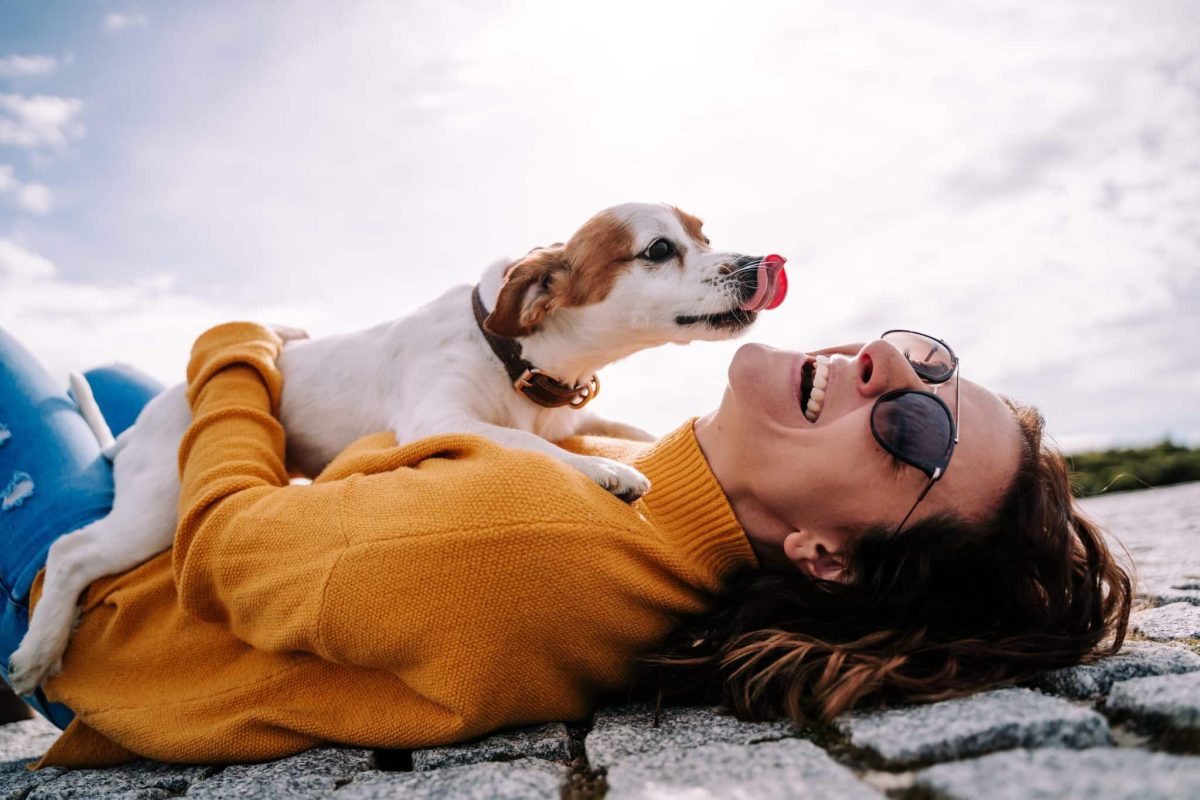
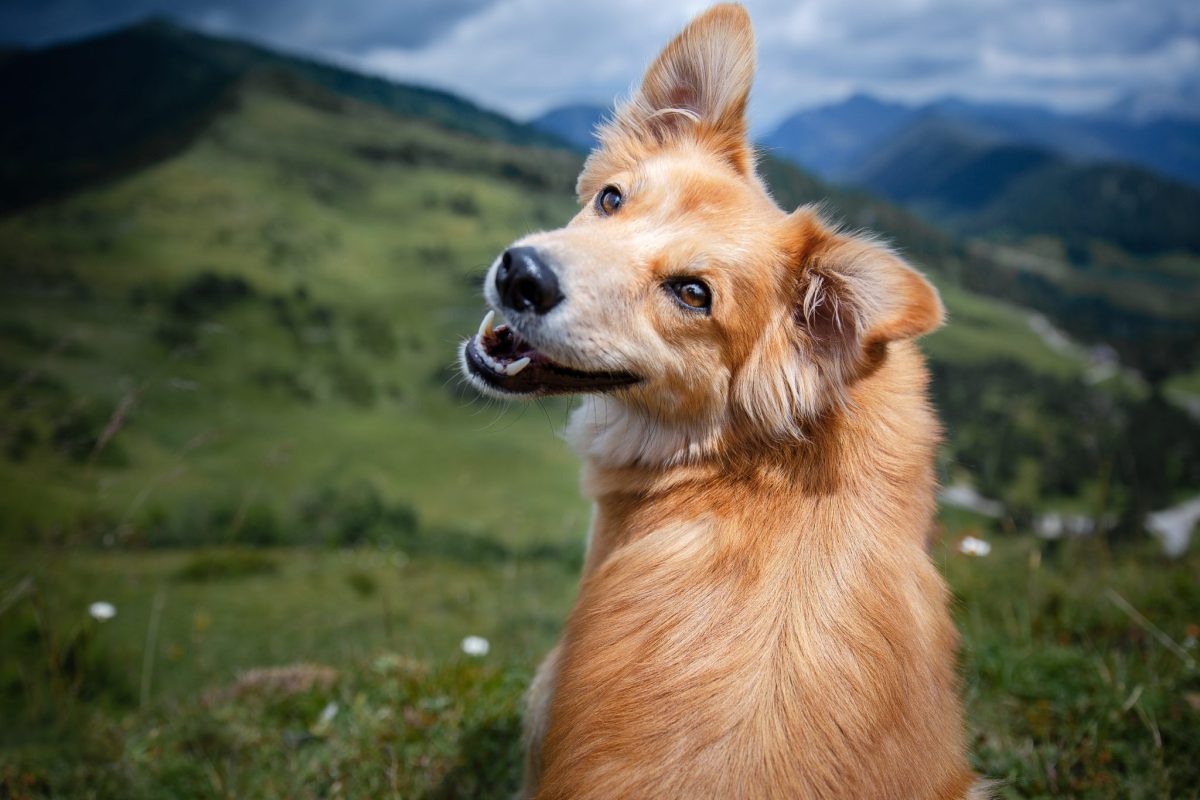
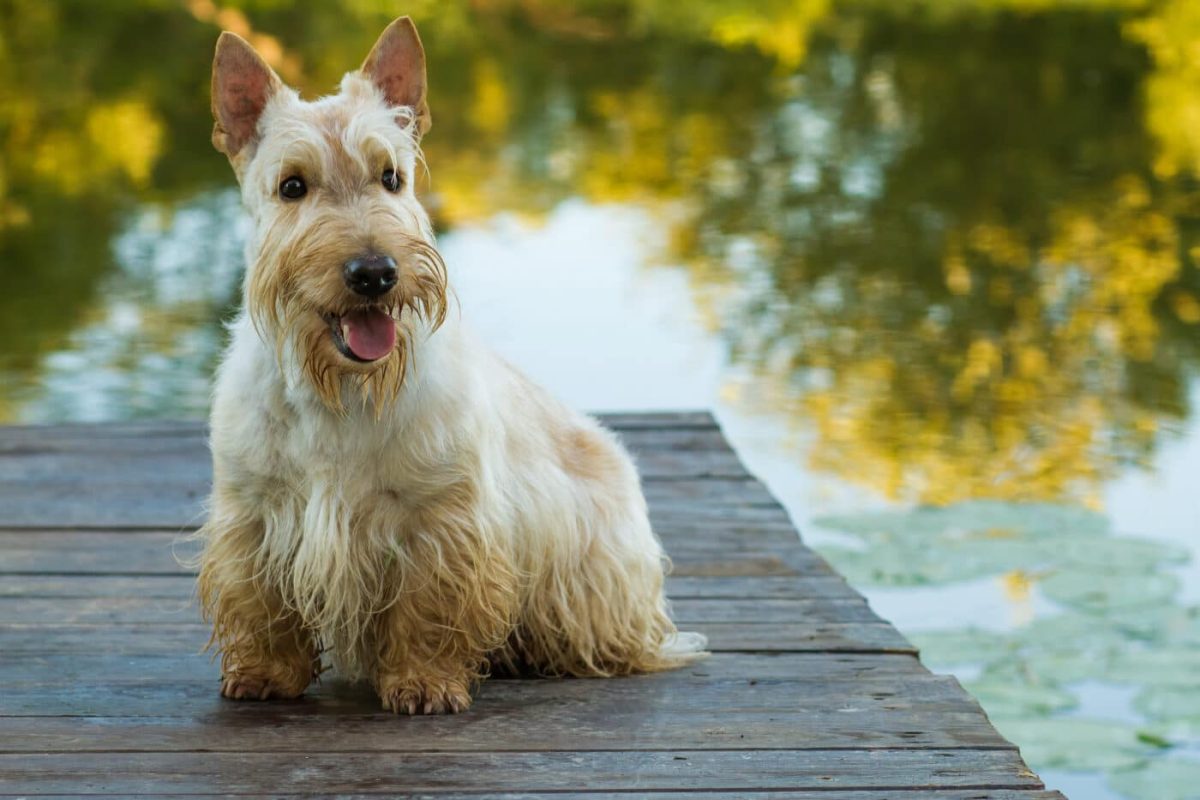
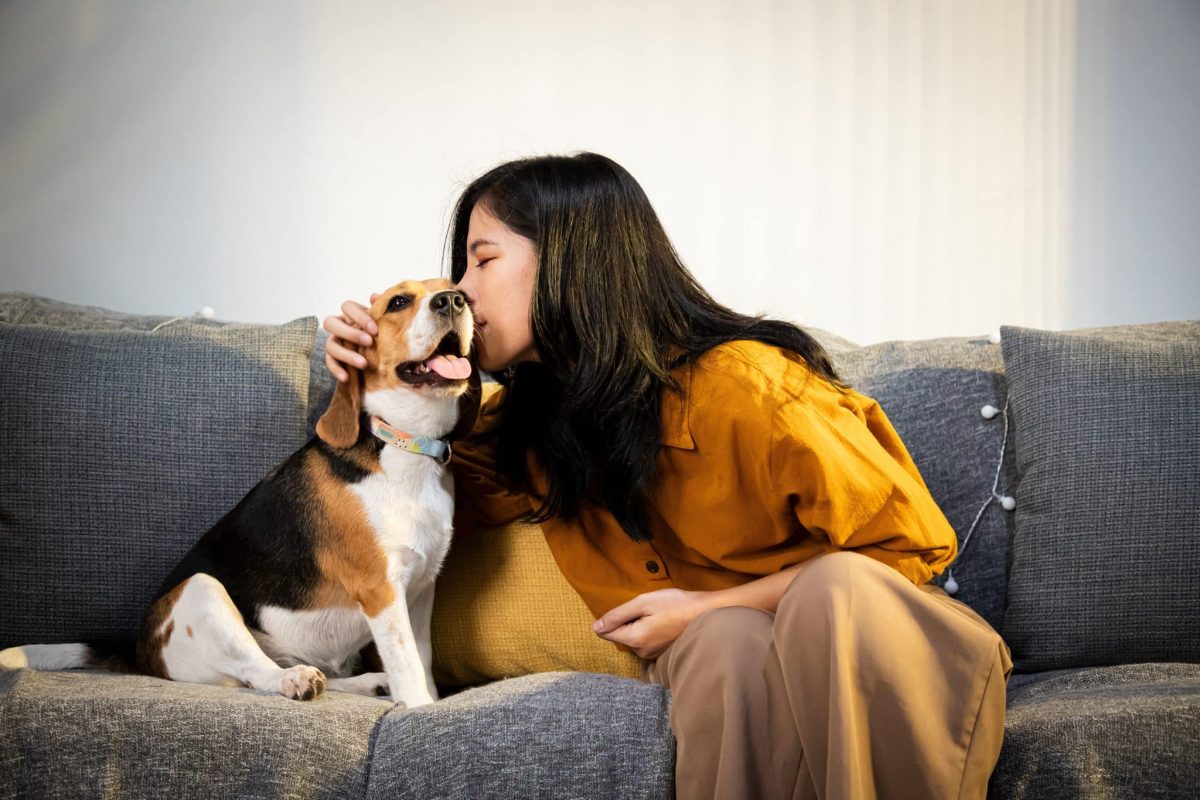
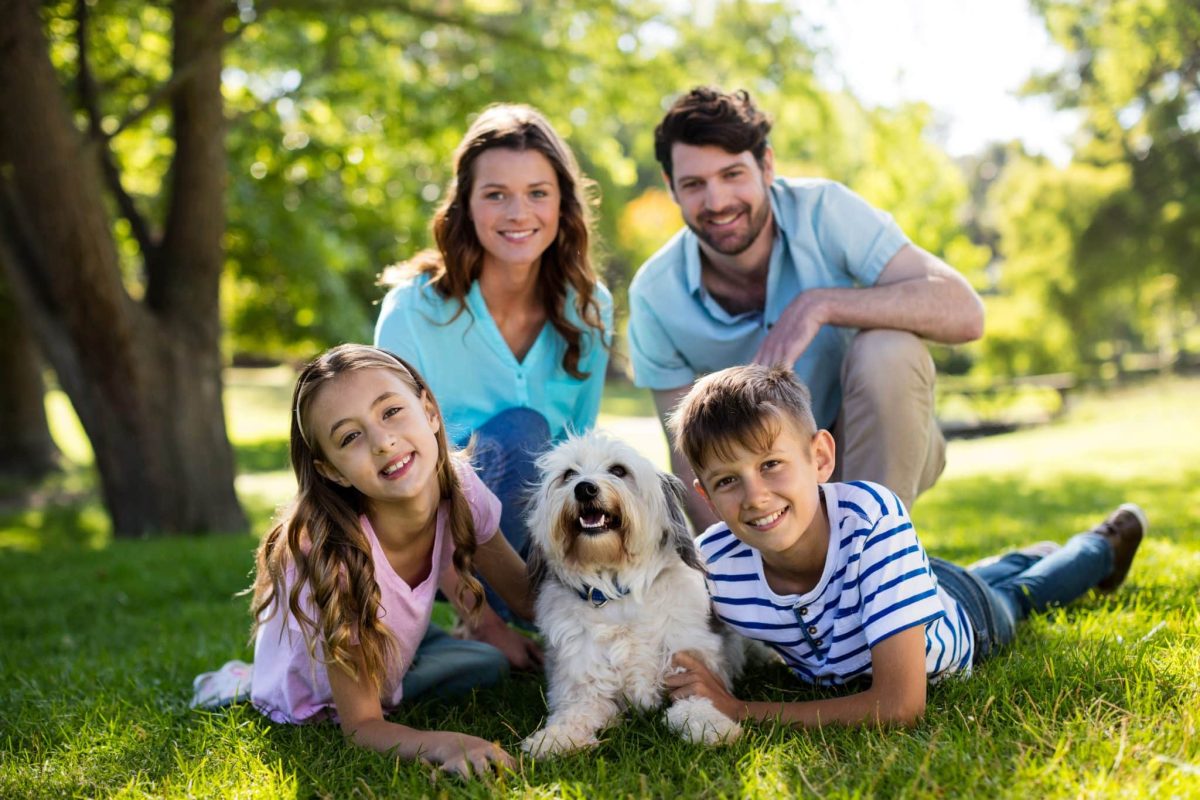
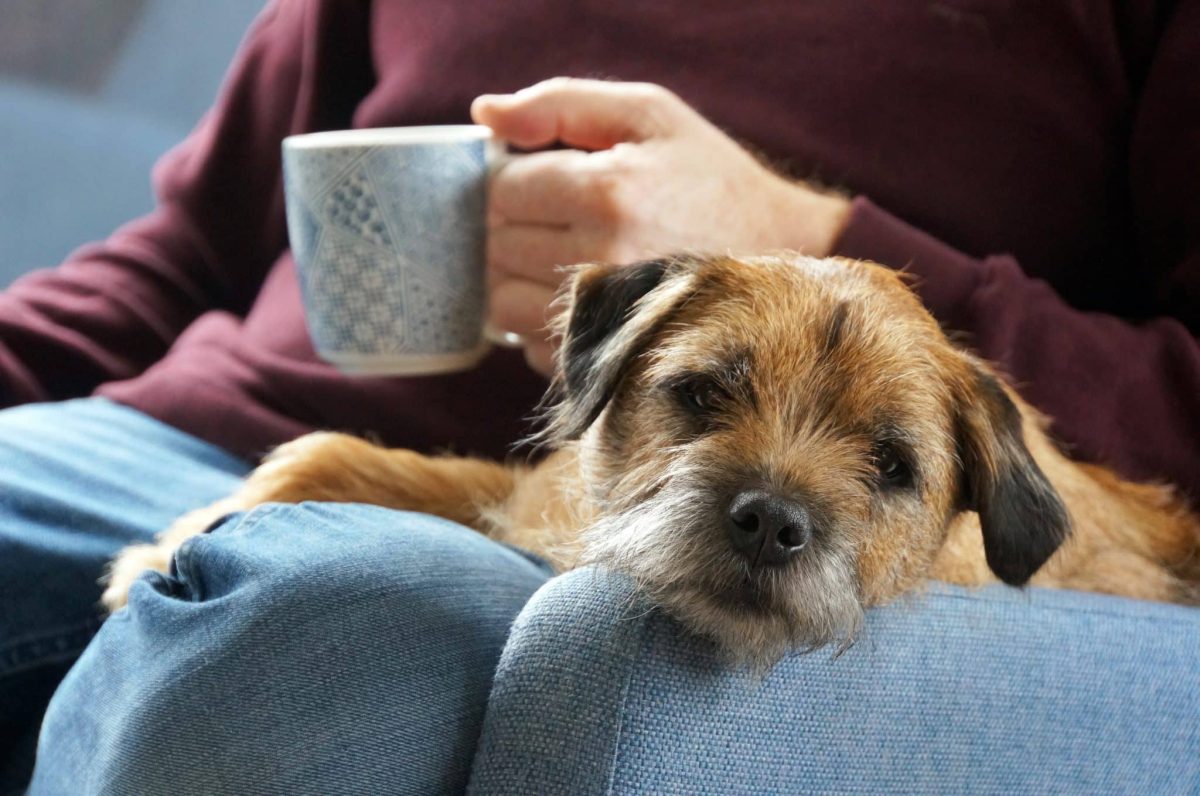
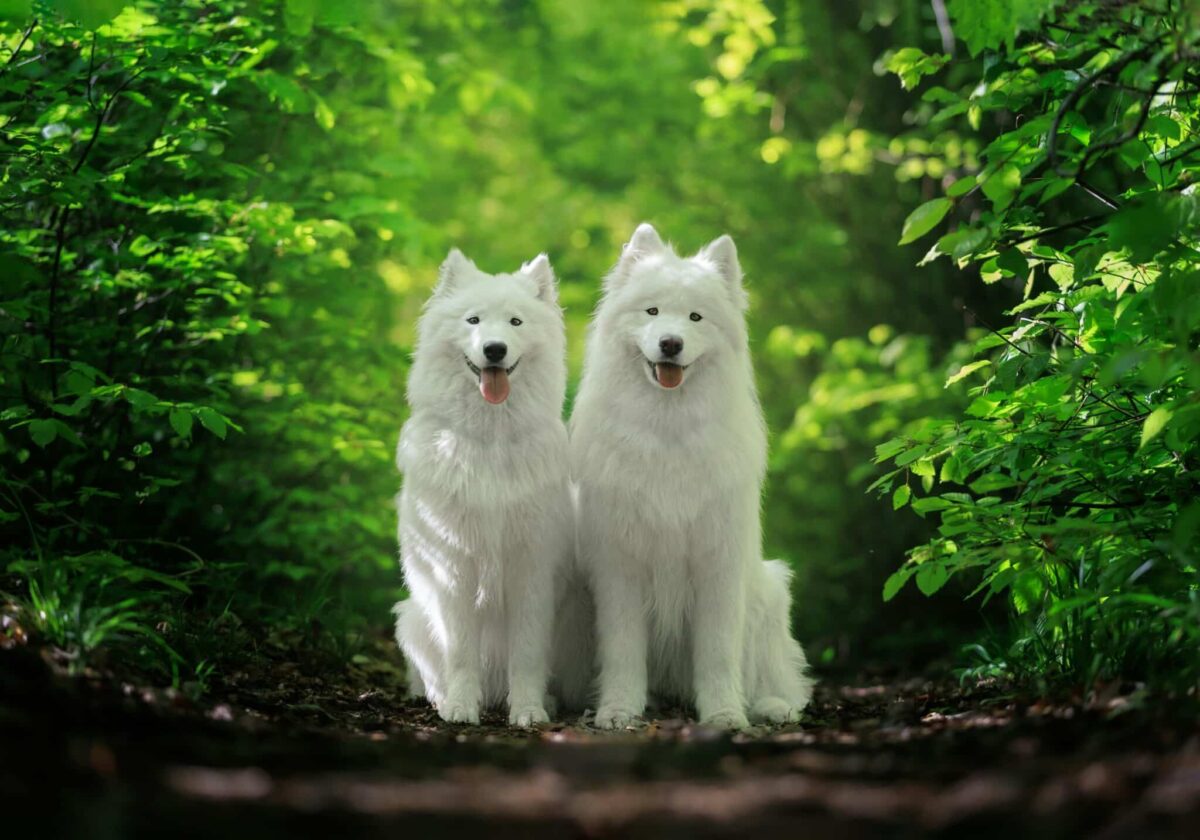
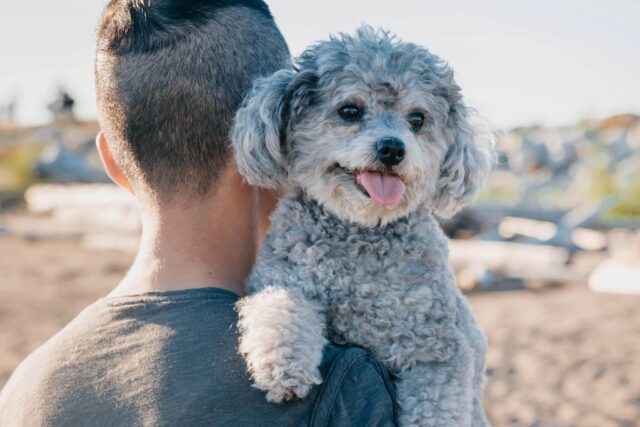
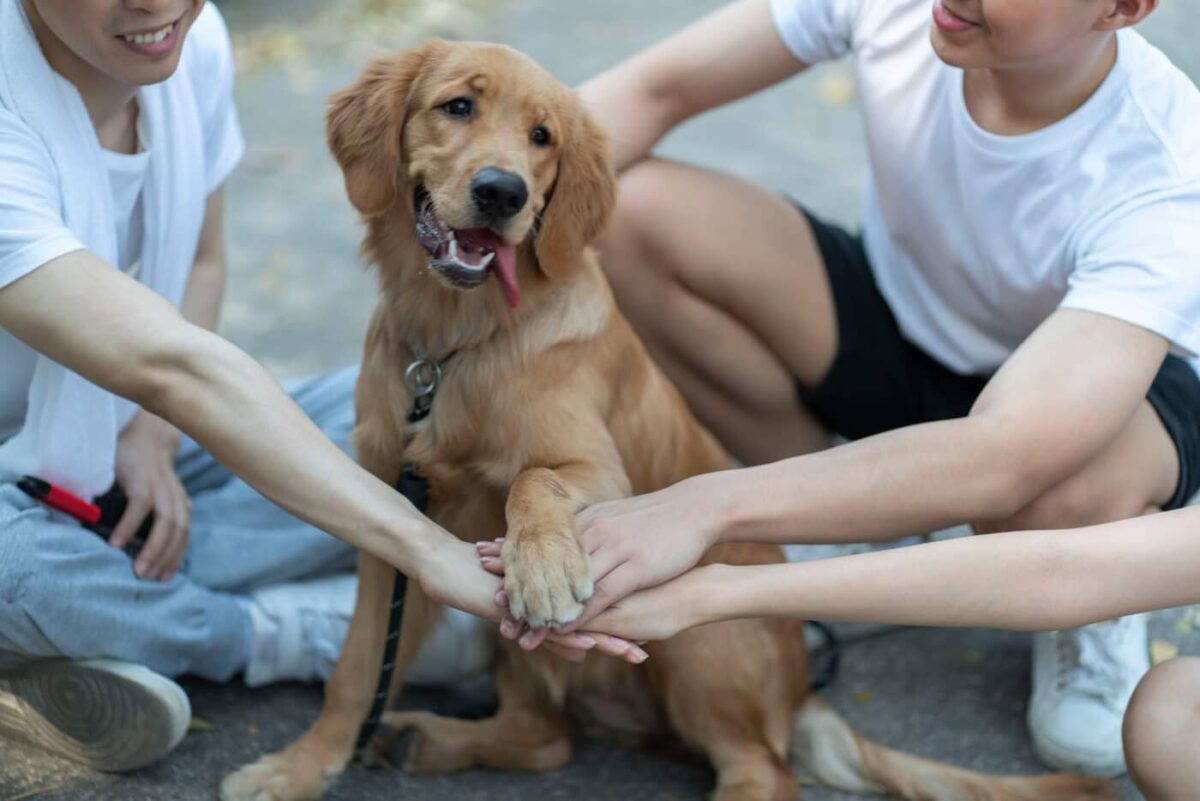
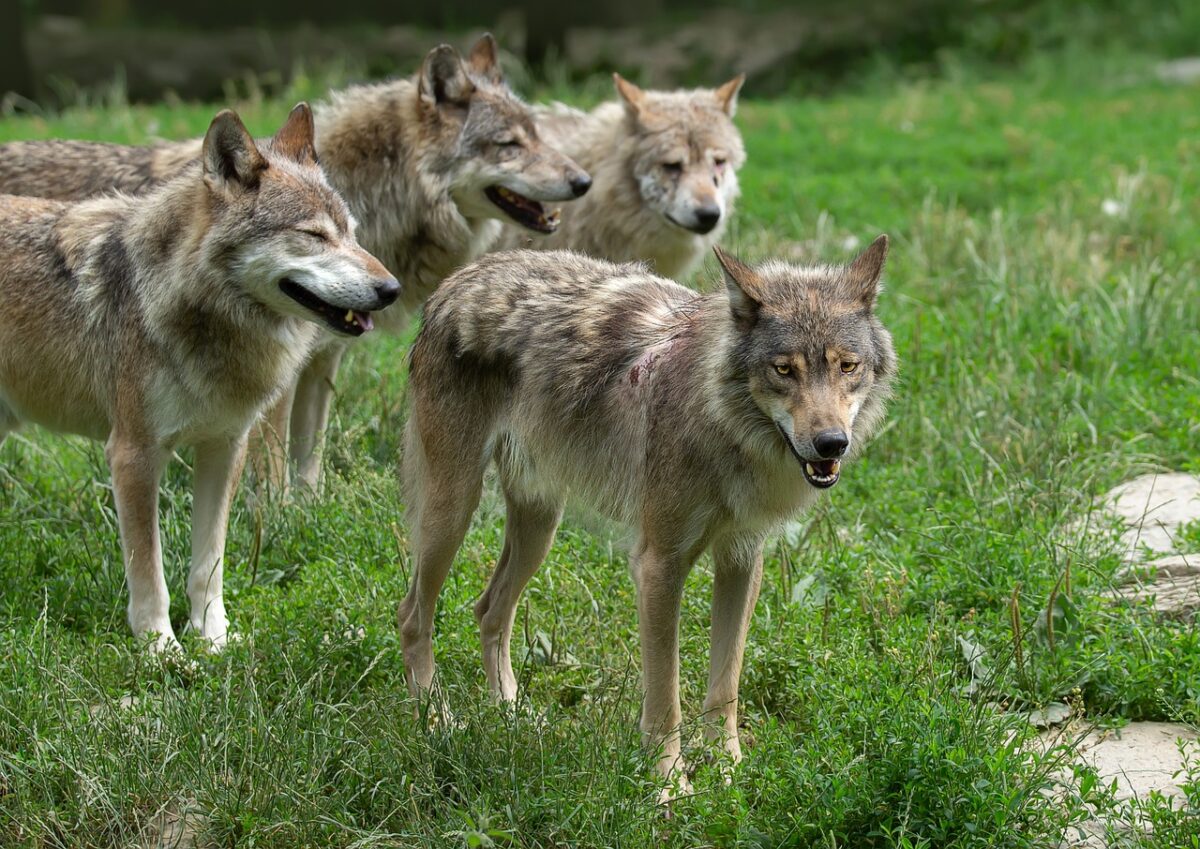
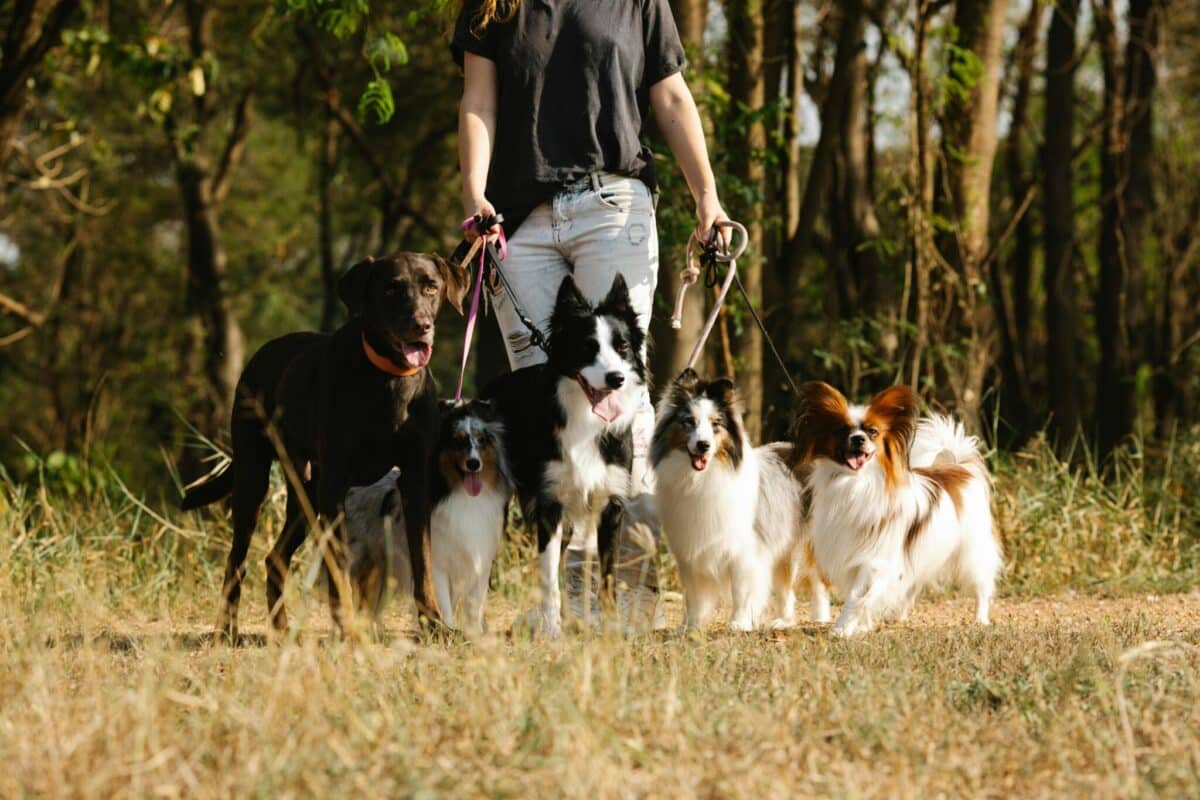
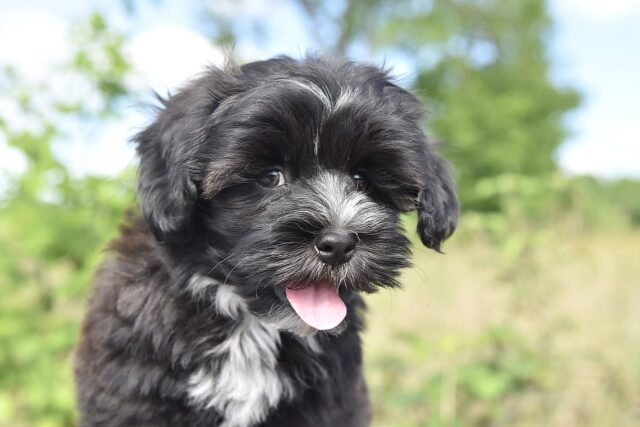
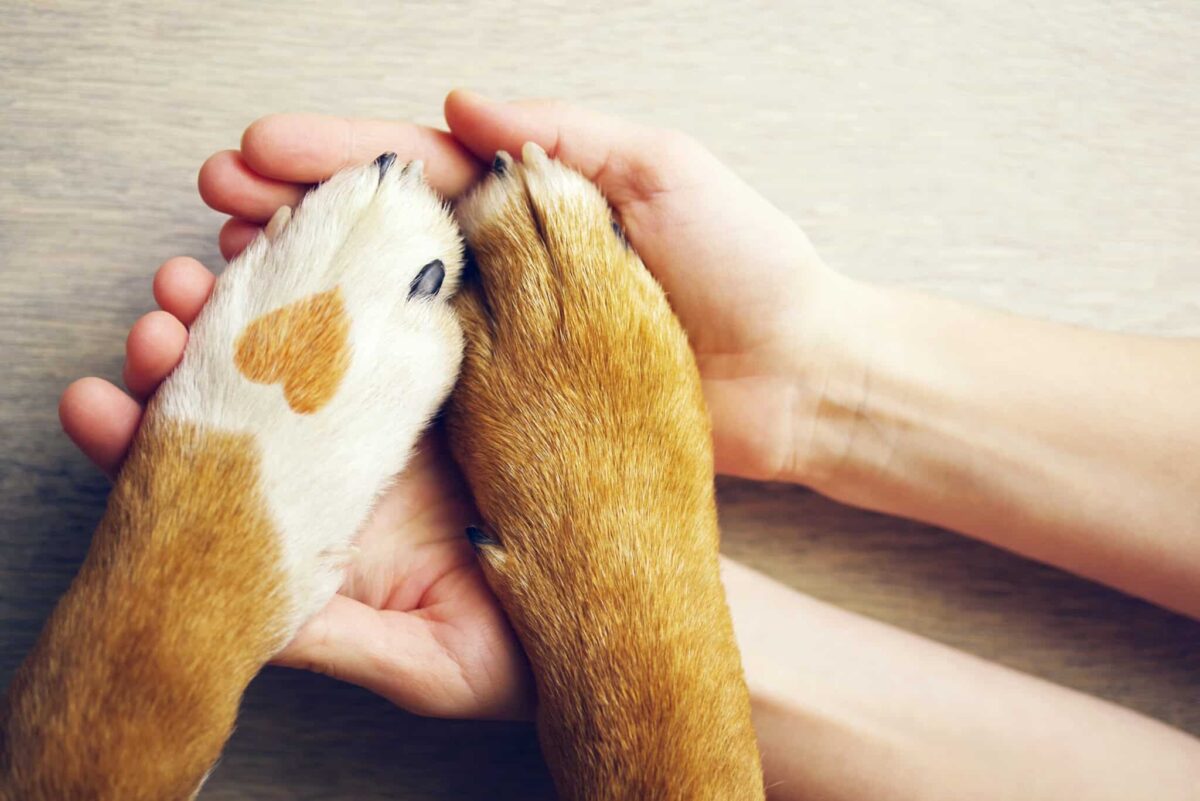

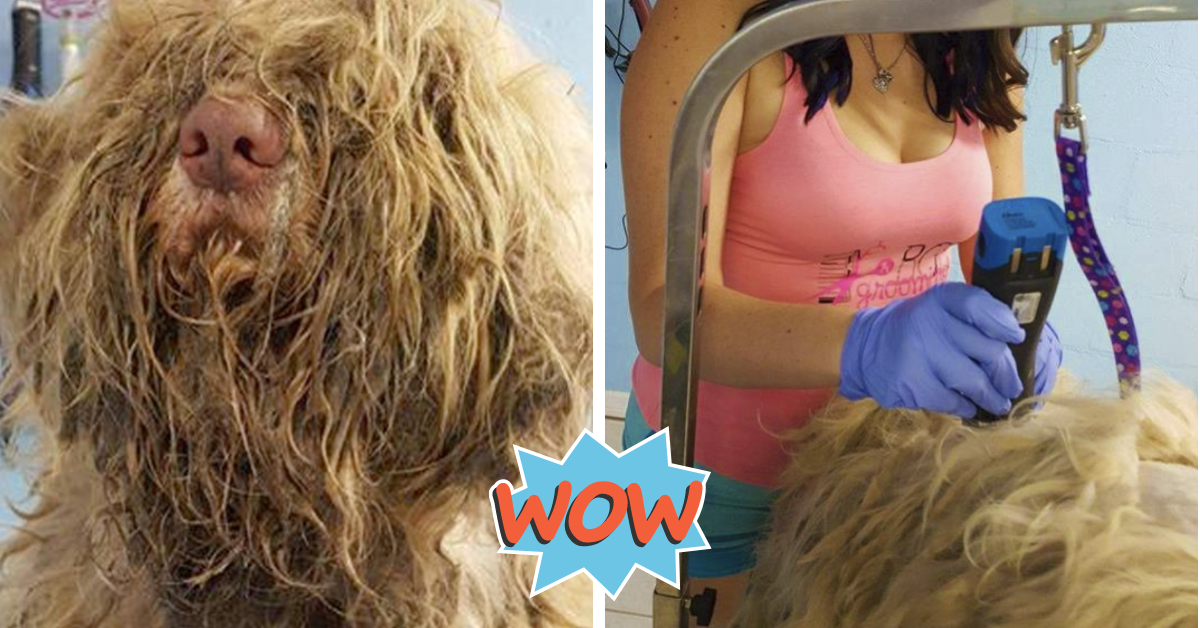
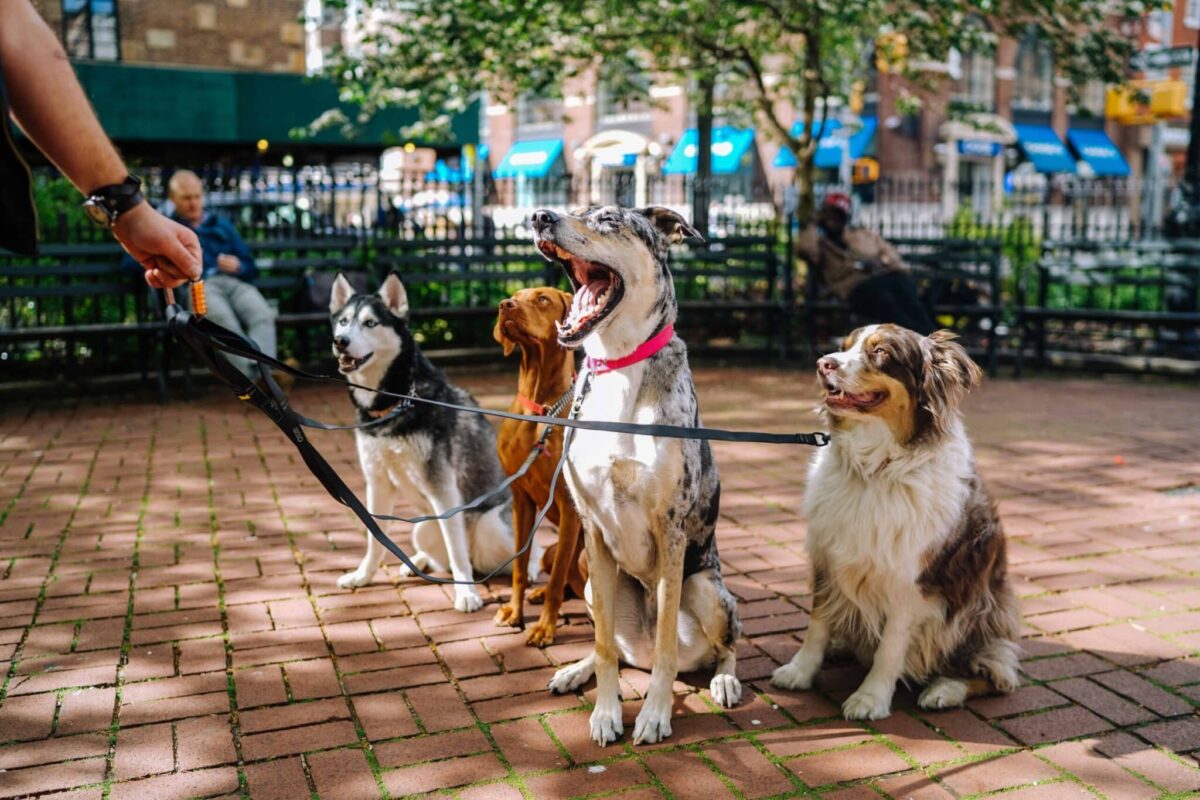
 English (US) ·
English (US) ·